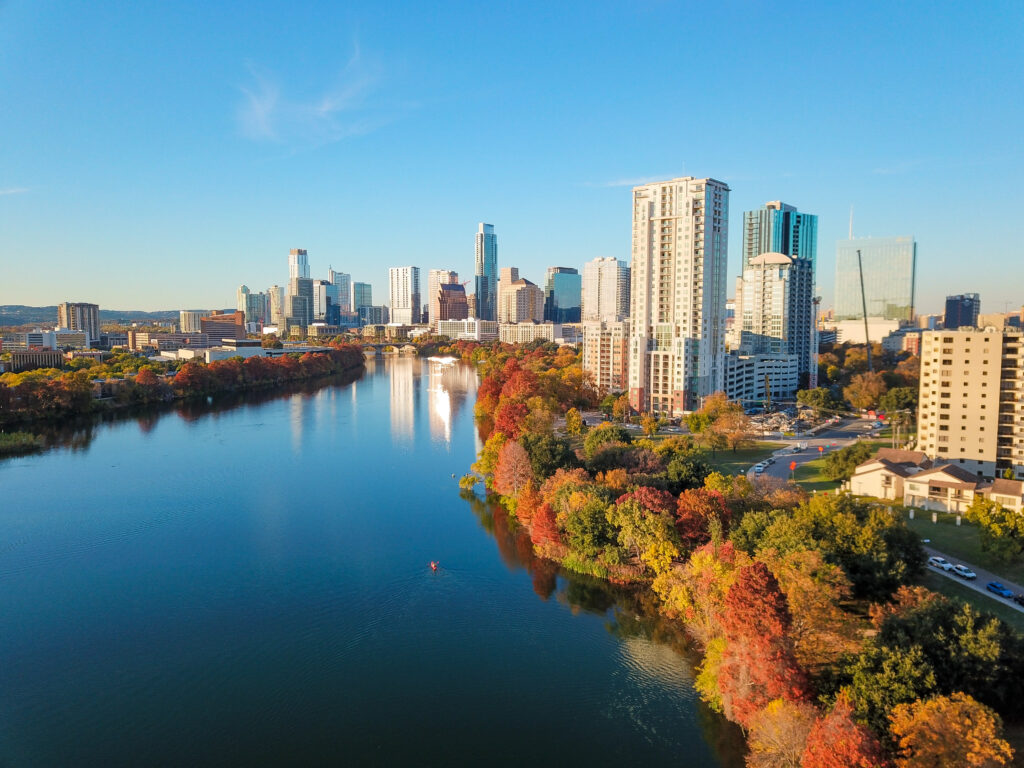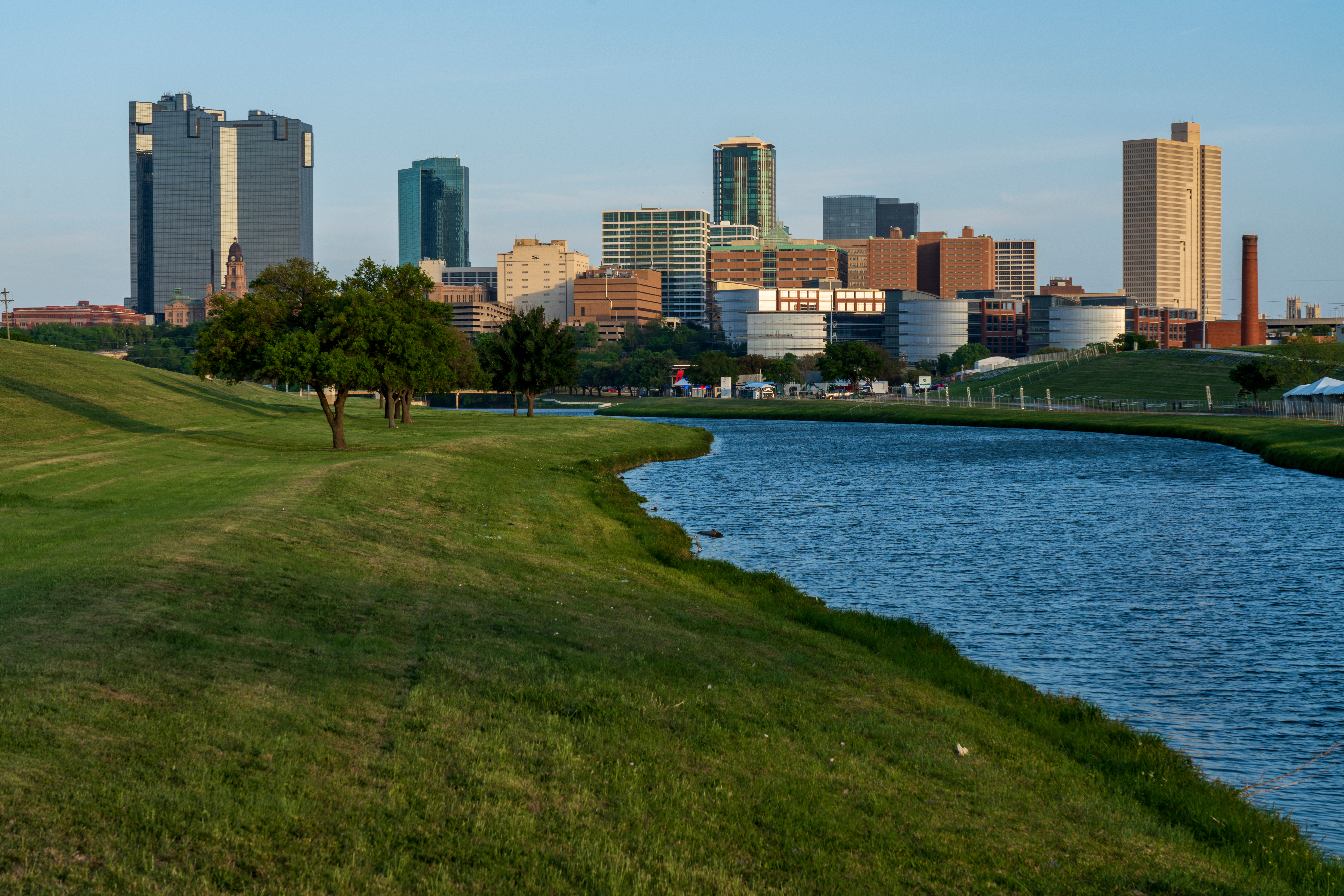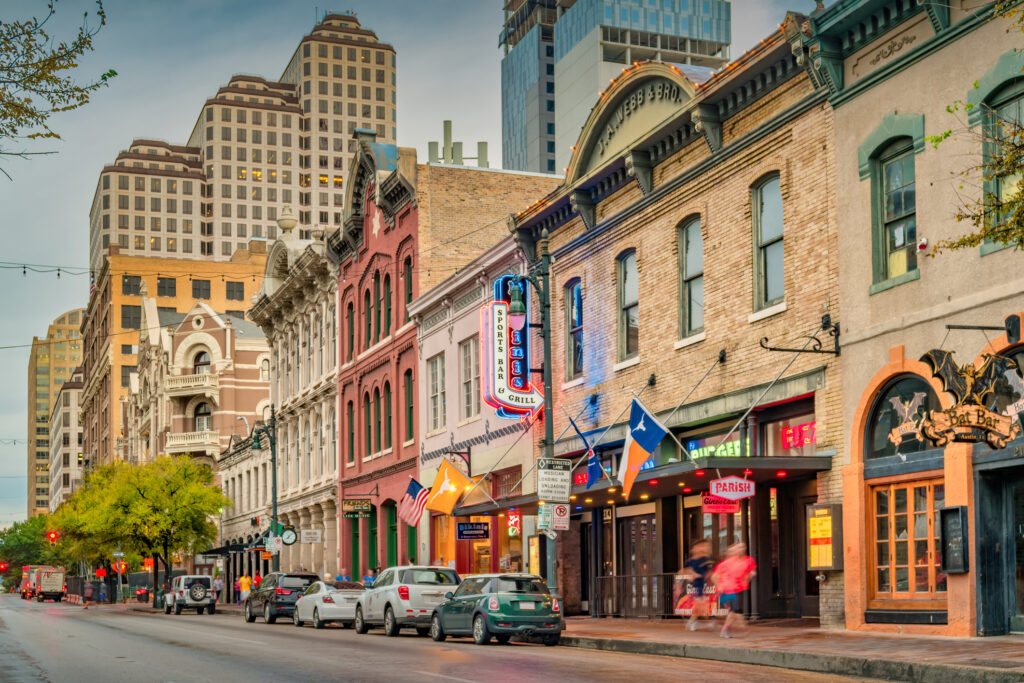
Fall 2025: Advancing Economic Opportunity through Place-Based Resilience Strategies
Austin, Texas is working to implement economic resilience strategies that address longstanding disparities in access to opportunity and small business support across its communities. The FUSE Executive Fellow will help the city pilot and scale these strategies by coordinating cross-sector efforts and developing tools for long-term implementation. Ultimately, this will... Read more

Fall 2025: Advancing Economic Mobility Through Housing Access
Austin, Texas is working to improve how its housing programs advance economic mobility and expand access to long-term financial opportunity for all residents. The FUSE Executive Fellow will develop data-driven strategies to evaluate program effectiveness, strengthen housing initiatives, and explore sustainable financing models to support first-time homebuyers and income-restricted renters.... Read more

Catalyzing Bold, Inclusive Affordable Housing Expansion
Albuquerque reflects New Mexico’s remarkable diversity, with nearly 80% of residents identifying as people of color and 10% as people who immigrated. However, residents face significant housing challenges, with single-family home prices increasing 8% last year and nearly 300% over the past generation—far outpacing wage growth. More than one-third of... Read more

Expanding Solar Energy Access for Low-Income Communities
Phoenix experiences approximately 300 days of sunshine annually, making it one of the most solar-friendly climates in the country. However, many low and middle-income households, particularly in economically disadvantaged communities, face high utility costs due to outdated home infrastructure and limited access to renewable energy solutions. These communities are disproportionately... Read more

Closing the Racial Wealth Gap in Multi-Racial Communities
New Mexico is one of the most diverse states in the country, and Albuquerque reflects this diversity with particularly large Indigenous and Latino populations, as well as significant Black and Asian communities whose numbers are growing. The Office of Equity and Inclusion (OEI) works to reduce barriers to opportunity and... Read more

Planning for Climate Resilience and Extreme Weather Events
Travis County, Texas's fifth largest county, faces many climate emergencies and weather hazards. The frequency of 100-degree days has doubled in the last 40 years, and extreme rainfall, flooding, and drought risks have escalated. These climate hazards threaten all residents, particularly low-income families, older adults, and non-English speakers. The county's... Read more

Flood Mitigation Through Land Use Planning
Fort Worth, Texas, faces challenges from rapid growth and development, resulting in the loss of 50 acres of open space each week and increased flood risks. The City has launched the Open Space Conservation Program and partnered with FUSE to analyze and benchmark riparian corridor preservation regulations to address this.... Read more

City-Wide Composting for Environmental Justice
The City of Albuquerque is working towards addressing climate change, equity, resilience, and sustainability through various initiatives. However, there is still a significant amount of work to be done. One area of focus is the potential impact of widespread composting, which is highlighted in both the Food & Agriculture Action... Read more

Pathways to Citizenship
The Harris County Public Library system in Texas faces the challenge of accommodating a diverse immigrant population that makes up over one-quarter of the county's total population. To address this, the Library is partnering with FUSE to develop a strategy for expanding programming and services for immigrants, focusing on facilitating... Read more

Disaster Recovery Centers For Resilient Communities In Austin
In the past decade, the City of Austin, TX has experienced climate change in the form of record-breaking heat, droughts, historic floods, severe winter storms, and devastating wildfires that have taken lives, displaced community members, and stressed infrastructure. In 2021, Austin’s City Council passed a Resolution to begin building a... Read more
